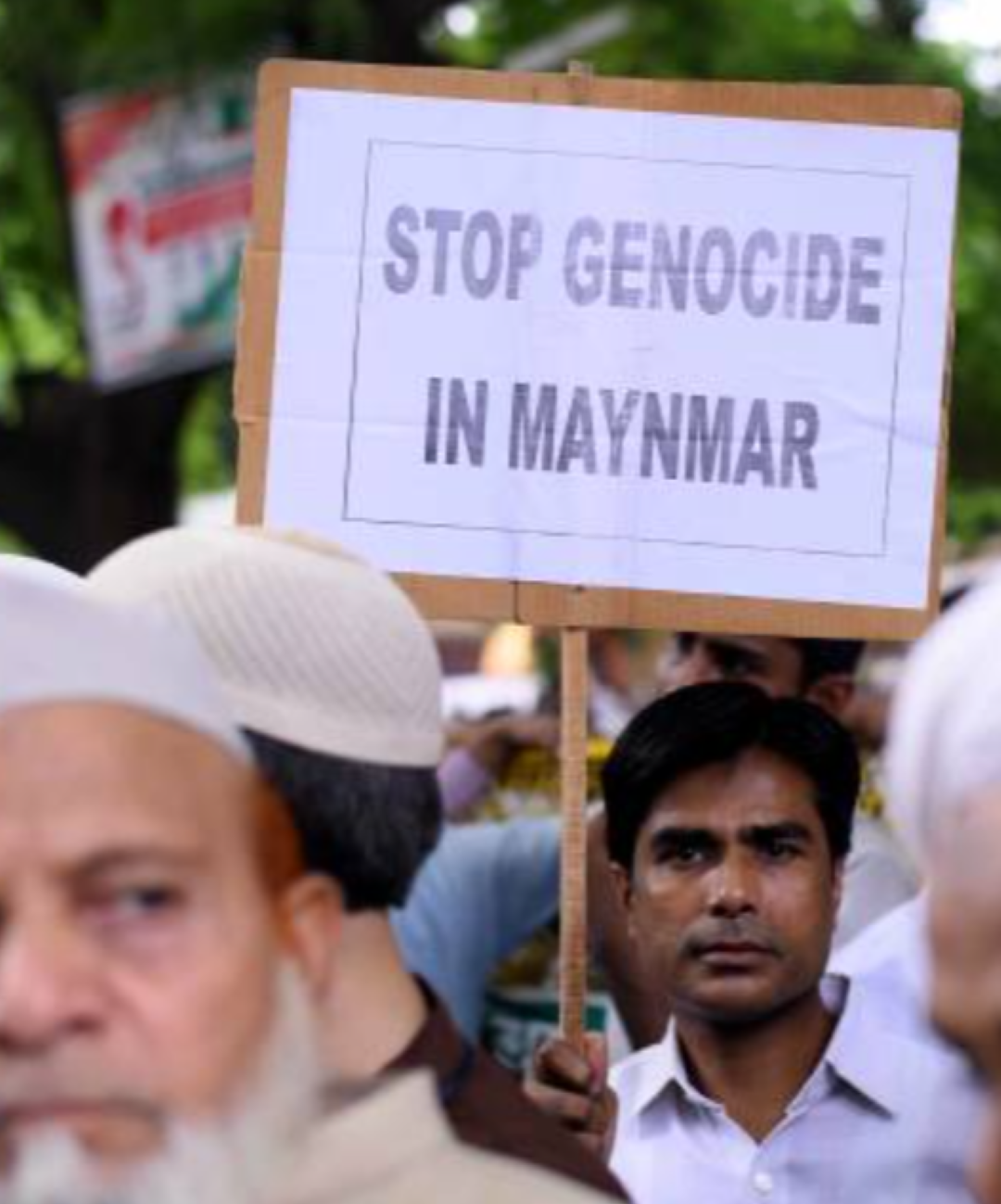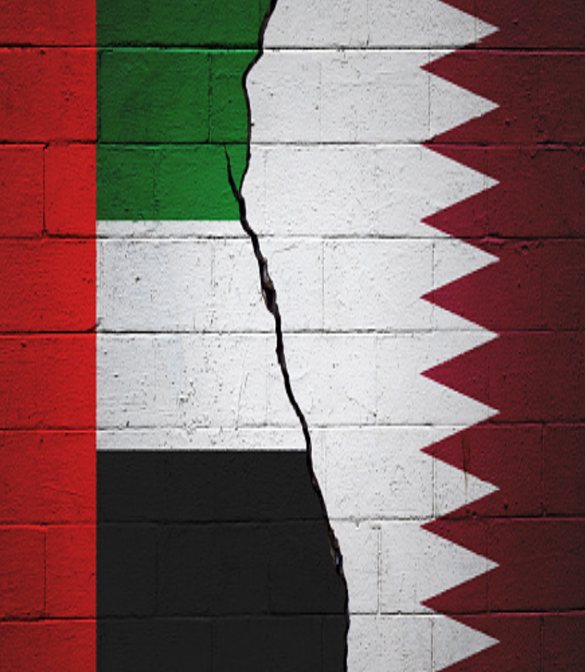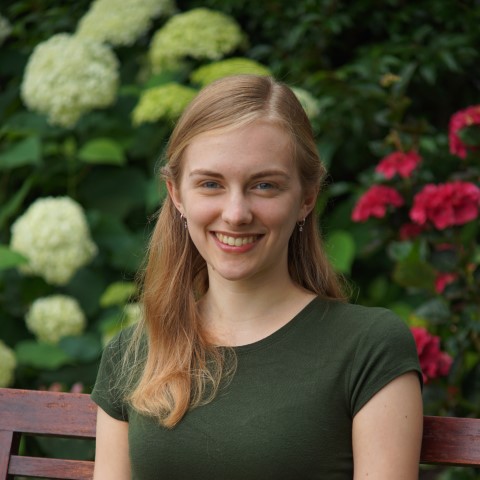On ICJ’s Agenda:
Application of the Convention on the Prevention and Punishment of the Crime of Genocide (The Gambia v. Myanmar)
In November 2019, The Gambia submitted a case before the International Court of Justice (ICJ), on the basis of Article 9 of the Convention on the Prevention and Punishment of the Crime of Genocide, alleging a violation against the Rohingya Muslims in Rakhine State. This case was supported by 57 members of the Organisation of Islamic Cooperation (OIC).
This historic lawsuit brings a critical focus to Myanmar’s responsibility as a state for the Rohingya genocide. In contrast to the Mechanism, which builds case files against individuals for alleged violations of serious international crimes, the case before the ICJ is a “State-to-State” dispute between the UN Member States. However, the Mechanisms mandate under Human Rights Council Resolution 43/26 allows it to share information in relation to ICJ proceedings. The Mechanism is sharing materials with The Gambia and Myanmar, at their request and with the consent of the information providers.
What happens if Myanmar is found responsible? Will someone go to prison? Will the government have to pay reparations? These are some of the questions the Committee’s debate will address.
On ICJ’s Agenda:
Application of the Convention on the Elimination of all Forms of Racism (Qatar v. United Arab Emirates)
The rift between Qatar and the United Arab Emirates began on 23 May 2017, when the Qatar News Agency was subject to a cyber attack. A false news story was posted on its website, attributing incendiary claims to the Emir of Qatar regarding strategic relations with the Islamic Republic of Iran, the Israel-Palestinian conflict, comments about certain terrorist groups, and the criticism of the US President. Although Qatar labelled these claims as false, these comments were picked up by other news broadcasters in the region, including in neighbouring countries.
In response, the UAE issued a statement on 5 June 2017, by which it prohibited Qatari nationals from entering the UAE, forcing all Qatari residents and visitors to leave the UAE within 14 days, and banned UAE nationals from entering Qatar. This was allegedly done on the basis of Qatar’s undermining of ‘the security and stability of the region and its failure to honour international commitments and agreements’. Additionally, the UAE severed all diplomatic ties with Qatar, which had previously also been done by Bahrain and Saudi Arabia.
As a result of these measures, Qatar instituted proceedings at the ICJ against UAE on 11 June 2018 and claimed that the discriminatory measures which were directed towards Qataris in virtue of their national origin, were a violation of the International Convention on the Elimination of All Forms of Racial Discrimination. In its claim, Qatar relied on Art. 36(1) of the Convention to establish jurisdiction at the Court.
Meet Your Chair:
Adinda Wisse
Hi everyone! I’m Adinda and happy to be co-chairing the ICJ. This year I’m finishing up my Bachelor in International Relations and Middle Eastern Studies. Unsurprisingly, I am particularly interested in the MENA region. I’m also very passionate about human rights and humanitarian action, so I am excited to discuss these topics in July!
I started doing MUN at university and loved it right away. It has helped me step outside of my comfort zone and introduced me to amazing people from all over the world (like yourself!). What I love about chairing is watching people grow and build intense friendships in just a few days.
Outside of debating and studying, I like to spend time reading, writing, or talking to near-strangers about complicated topics. As a Dutchy, I also like cycling (the true national sport) and swimming (a necessity, in case our dikes break).
Fun fact: I have near angelic patience for people, but computers need to do what I want, and do so immediately.
Meet Your Chair:
Md Minhazar Rahman
Hello! I am Md Minhazar Rahman from Bangladesh. Currently, I am completing my A-Levels at Mastermind English Medium School. Since my childhood, I have always been inquisitive of the things that seemed utterly complex. I find it intriguing how politics continues to rapidly influence society.
As for my Model UN ventures, I am the oldest member of the Mastermind Model UN club and I am also currently the club’s Executive Committee member. I have actively participated in Model UN conferences since 2018 and have done plenty of Model UNs internationally, both as a Delegate and as an Executive Board member.
I am very excited, and looking forward to all of the new bonds and memories I am going to create while chairing the ICJ Council with my fellow chair.
Fun Fact: I am the Youngest Secretary General in Bangladesh.
Meet Your Chair:
Črt Samo Grošelj
Hey guys! My name is Črt (yes, there are actually no vowels in it, it’s not a typo) and I’m co’chairing the ICJ Council at TEIMUN this year. I am a third year International and European Law student at the University of Groningen. I find law and the interplay between politics and how law works fascinating and I hope to see some of that reflect in the ICJ Council this year.
I went to my first MUN when I was 16 and have been going to them ever since. I find debating politics one of the best ways to spend free time, especially with people of my age. Hopefully, we will get to see some fruitful debates at TEIMUN this year.
Aside from the obvious interest in MUNs, I spend a lot of time on my degree. Apart from the university related stuff, I have been playing rugby for the past 6 years. I come from Slovenia, however I grew up in Brussels so I was raised quite close to the politics of the EU.
Fun Fact: I have never been able to figure out how to snap my fingers. It baffles me.




